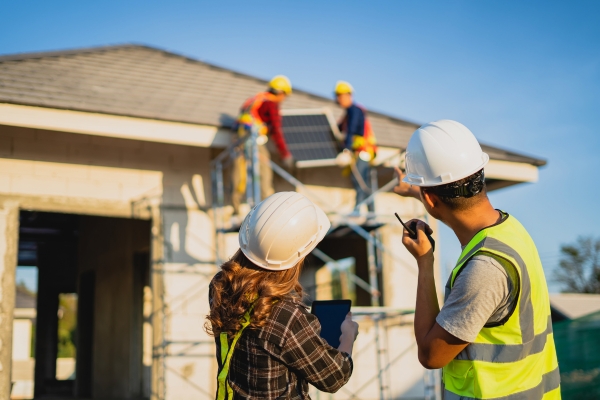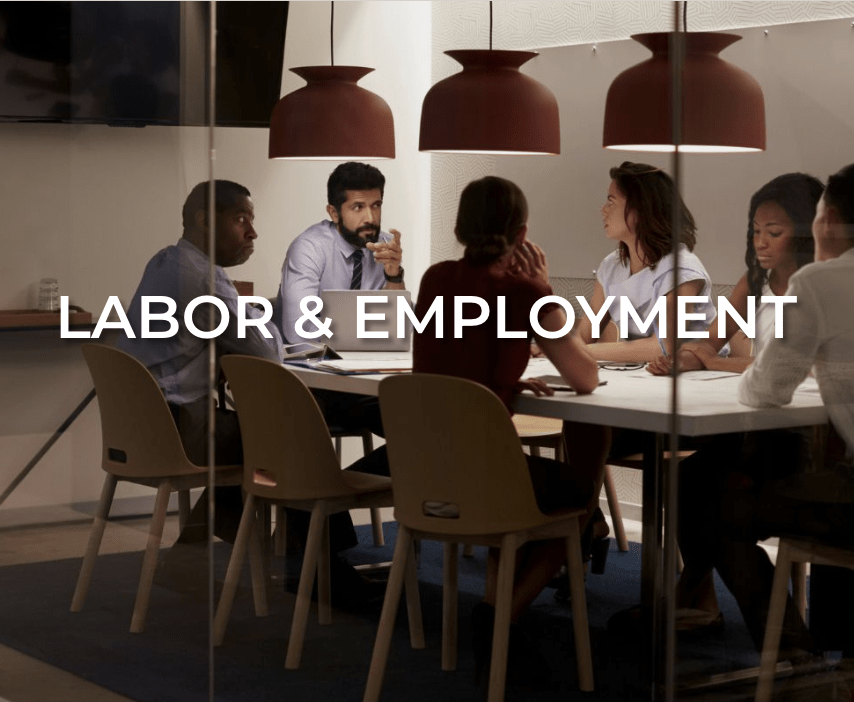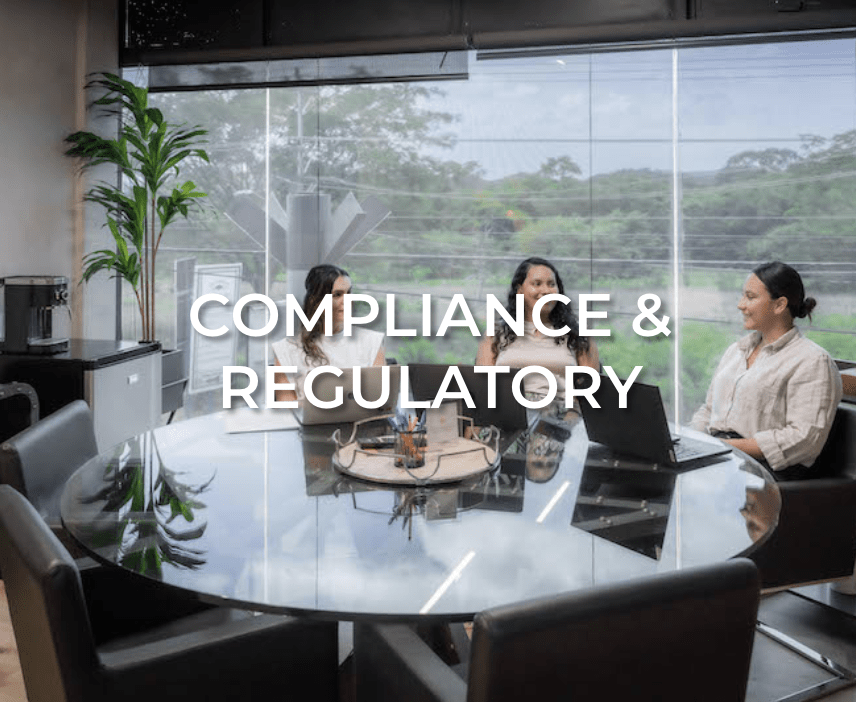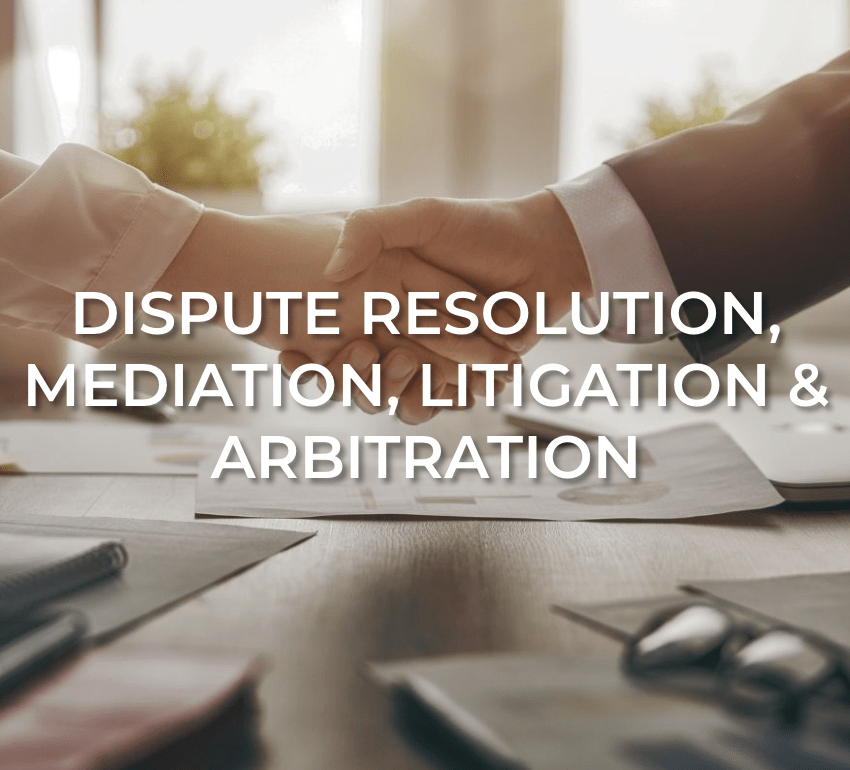

Building Woes: How to Navigate Construction Delays and Disputes with Developers in Costa Rica
by Quatro Legal Real Estate Team | Jan. 18, 2025 | Article, Real Estate

Building your dream home or project in Costa Rica can be rewarding, but setbacks like delays or disputes can turn excitement into frustration. Understanding your legal rights and obligations is crucial for addressing construction challenges effectively. This guide provides actionable advice, grounded in Costa Rican law, to protect your investment and ensure a smoother construction process.
The Construction Contract: Your First Line of Defense
In Costa Rica, the construction contract is governed by the Civil Code and relevant laws such as Law 9635 on Fiscal Responsibility (which impacts project guarantees). Key provisions to include are:
- Timeline and Penalties: Ensure the contract specifies deadlines and penalties for non-compliance, per Article 729 of the Civil Code, which emphasizes compliance with obligations.
- 5% Guarantee Retention: As per construction norms, retaining 5% of the total project value is standard practice. This amount ensures funds are available to address defects or incomplete work. The percentage can be higher or lower depending on the project specific needs and complexity.
- Dispute Resolution Clause: To avoid lengthy litigation, include mediation or arbitration clauses under the guidance of the Arbitration and Mediation Law (Law 7727). Please see our article here on when it is beneficial to include an arbitration clause.
- Please see our article here to further analyze the crucial aspects to consider when drafting your building agreement.
Recognizing and Addressing a Breach of Contract
Breaches can take several forms, such as:
- Delayed completion of the project beyond the contractual deadline.
- Use of substandard materials or non-compliance with specifications.
- Violation of Law 7600 on Equal Opportunities for Persons with Disabilities (e.g., failing to include accessible features, if applicable depending on the project).
Steps to take: - Document Everything: Photographs, emails, and written communications are essential evidence.
- Send a Formal Notice: Under Article 688 of the Civil Code, you can formally notify the contractor to demand compliance.
Using the 5% Guarantee Retention and Other Legal Tools
- Access the Retained Funds: If the contractor fails to fulfill obligations, the 5% guarantee retention can be used to cover the cost of repairs or other issues.
- Request Compensation: If damages exceed the retained amount, Article 1045 of the Civil Code allows you to claim additional compensation.
- Terminate the Contract: In severe breaches, you may terminate the contract and seek alternative remedies under Article 722 of the Civil Code.

What to Do if Disputes Escalate:
If informal resolution fails:
- File a Complaint with the Ministry of Economy, Industry, and Commerce (MEIC): MEIC oversees compliance with consumer protection laws on projects constructed by developers.
- Pursue Legal Action: File a lawsuit before the Court can help recover damages or enforce obligations.
- Alternative Solutions: Mediation and arbitration, as outlined in Law 7727, offer faster and less costly resolutions compared to traditional court proceedings. Please see our article here on when it is beneficial to include an arbitration clause.
Proactive Measures for Future Projects
- Vet Your Contractor: Request references, verify licenses, ensure compliance with Social Security and other obligations, and review their history.
- Include Detailed Specifications: Clearly define materials, timelines, and expectations in the contract.
- Use an Escrow agent: Ensure an Escrow Account protects your funds throughout the project’s completion.
- Monitor Progress: Conduct regular site visits through an independent inspector is you are not an expert engineer and maintain records of payments, inspections, and communications. Setting an inspection schedule with a professional engineer can help you receive periodic reports on the project’s status from a technical perspective.
Conclusion
While construction setbacks can be daunting, Costa Rican law provides a robust framework to protect your rights as a property owner. By drafting a strong contract, leveraging tools like the 5% guarantee retention, and seeking legal assistance when needed, you can address disputes effectively and keep your project on track.
If you’re navigating construction challenges or need assistance drafting contracts, contact Lourdes Andrea Vega Salas at lsv@quatro.legal for expert legal advice.
Disclaimer: The information provided in this blog post is for general informational purposes only and is not intended to constitute legal advice. While we strive to ensure the accuracy and timeliness of the content, laws and regulations are subject to change. For the most accurate and up-to-date information, please contact our office directly. Some images may be AI generated.
Get To Know Quatro Legal

We’re bringing empathy and excellence back to legal counseling. Quatro Legal is built on a bedrock of kindness, a passion for service, and a commitment to guiding you through your legal challenges with ease.
OUR SERVICES
EXPLORE BY
category
REAL
ESTATE
CORPORATE
COSTA RICA
LIFESTYLE
LABOR & EMPLOYMENT
CLIENT
TESTIMONIALS
FREE TRADE
REGIME
All Rights Reserved 2023 | Privacy











